Only Yesterday by Mutsuo Takahashi, translated from the Japanese by Jeffrey Angles, Canarium Books, 2023
Classicists are not known for pared-back prose, but in the June 1936 edition of The Classical Journal, Hanako Hoshino Yamagiwa penned a candid, simple piece on the multiple, “surprising” similarities between Ancient Greece and the Japan of her time—a comparison drawn not through extensive research, but the “things which I actually saw, heard, or read from my childhood”. Published for its novelty more than its expertise, this quiet, strange essay touches on a myriad of surface resemblances: agricultural practices, the affinity of Athena and Amaterasu, the lack of romance in marital matters, the habit of passing things from left to right. Together, these daily observations hint towards a woman who, while reading about a nation that could not be further away, had seen a vision of her own life. And so, what emerges is not a convincing portrait of how these island countries may mirror one another between their spatial and temporal distances, but testimony for a vaster pattern: the travelling body hunting the ontological material of geography to retell history, to excavate an expression of the self from the mired cliffs and centuries. It is the story of a body curious, remembering, and in motion. Its muddied tracks.
In Mutsuo Takahashi’s Only Yesterday, Greece is the poet’s material, base, and centre. Through over one hundred and fifty short poems, each translated with much care and expertise by Jeffrey Angles, the poet casts upon shores and mountains, daybreaks and cicada-filled treelines, portioning out a lifelong fascination with the archipelago and all that links it to the world. An extensive corpus has already attested to the depth of Takahashi’s affinity for the Hellenic—from translations of Euripedes and Sophocles to a repertoire of essays and interpretations—but this collection, largely written in his seventy-ninth year, is the first to be entirely dedicated to Greece. And perhaps it is because of this timing, in the winter of the poet’s life, that the view presented in these brief lines is not one of raw precision, of wandering or travelogue, but of Greece dissolving, slowly, into the liquid called reflection.

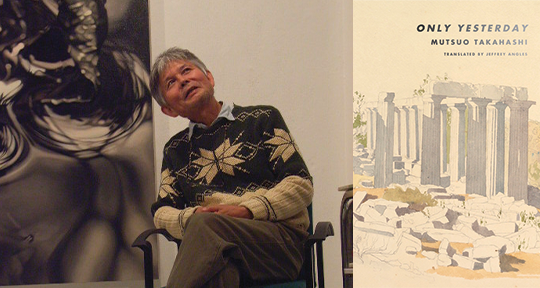
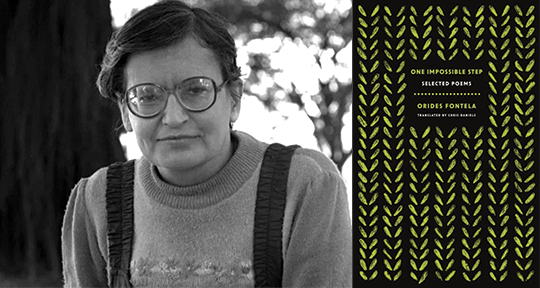
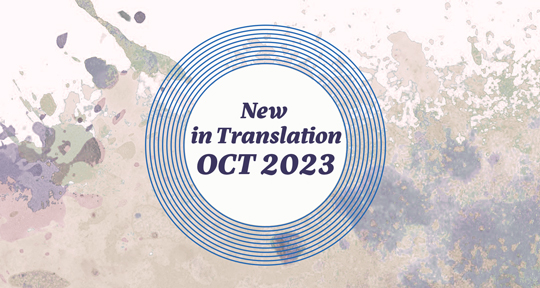
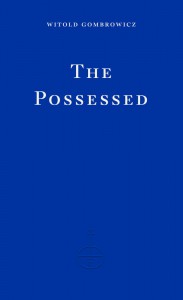



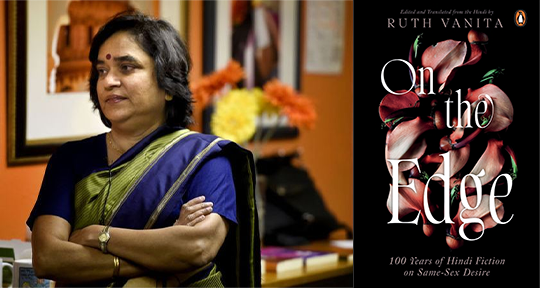

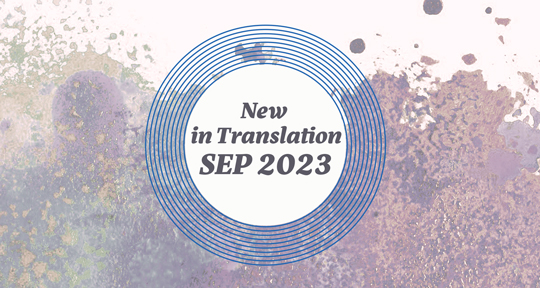
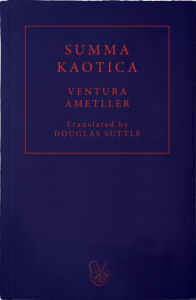
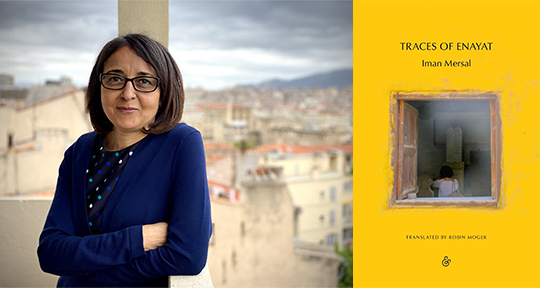



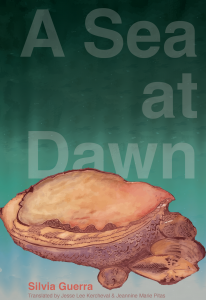
Compass and Rifle: On Roque Dalton’s Stories and Poems of a Class Struggle
No one escapes Dalton’s inquisitive pen . . .
Stories and Poems of a Class Struggle by Roque Dalton, translated from the Spanish by Jack Hirschman, Seven Stories Press, 2023
On Thursday, July 6, 2023, the inaugural day of Guatemala’s International Book Fair (FILGUA), the government of El Salvador requested organizers to exclude Salvadoran author Michelle Recinos’ Sustancia de hígado (F&G Editores) from the fair. The next day, online news outlet elfaro revealed that El Salvador’s ambassador in Guatemala had said, “It would’ve been an unpleasant thing for the government of El Salvador if this book had been a part of the fair.” Details are scarce, but presumably, this action was related to Michelle’s story Barberos en huelga, winner of the 2022 Mario Monteforte Toledo Prize, which openly criticizes sitting president Nayib Bukele’s war on gangs.
Hearing this, I can only imagine what Roque Dalton would have written about Bukele.
Roque Dalton’s Historias y poemas de una lucha de clases (Stories and Poems of a Class Struggle) dates back to 1975, and remains as timely as ever. In a time when most Central American countries are under authoritarian regimes and have experienced backslides of democracy, the life and work of Roque Dalton is at once a beacon of hope, an inspiration, and a warning sign. Historias y poemas de una lucha de clases is a book filled with courageous testimony, the poet’s typical dry humor, and bone-chilling depictions of state violence. Here, Dalton is hyperaware of the pain and plight of his compatriots, but in addition to his typical grittiness and social critique, we also find tenderness, softness, beauty, and frailty; Dalton’s acute perception is both a rifle and a compass, manifesting in words of both rebuke and encouragement.
READ MORE…
Contributor:- José García Escobar
; Language: - Spanish
; Place: - El Salvador
; Writers: - Alaíde Foppa
, - Carlos Fonseca
, - Ernesto Cardenal
, - Jack Hirschman
, - Jaime Barba
, - Julio Delfos Marín
, - Luis de Lión
, - Luis Melgar Brizuela
, - Margaret Randall
, - Michelle Recinos
, - Otto René Castillo
, - Roque Dalton
; Tags: - authoritarianism
, - Central American literature
, - class struggle
, - elfaro
, - F&G Editores
, - fascism
, - FILGUA
, - Mario Monteforte Toledo Prize
, - Salvadoran literature
, - Salvadoran poetry
, - Seven Stories Press
, - social commentary
, - social critique
, - state violence